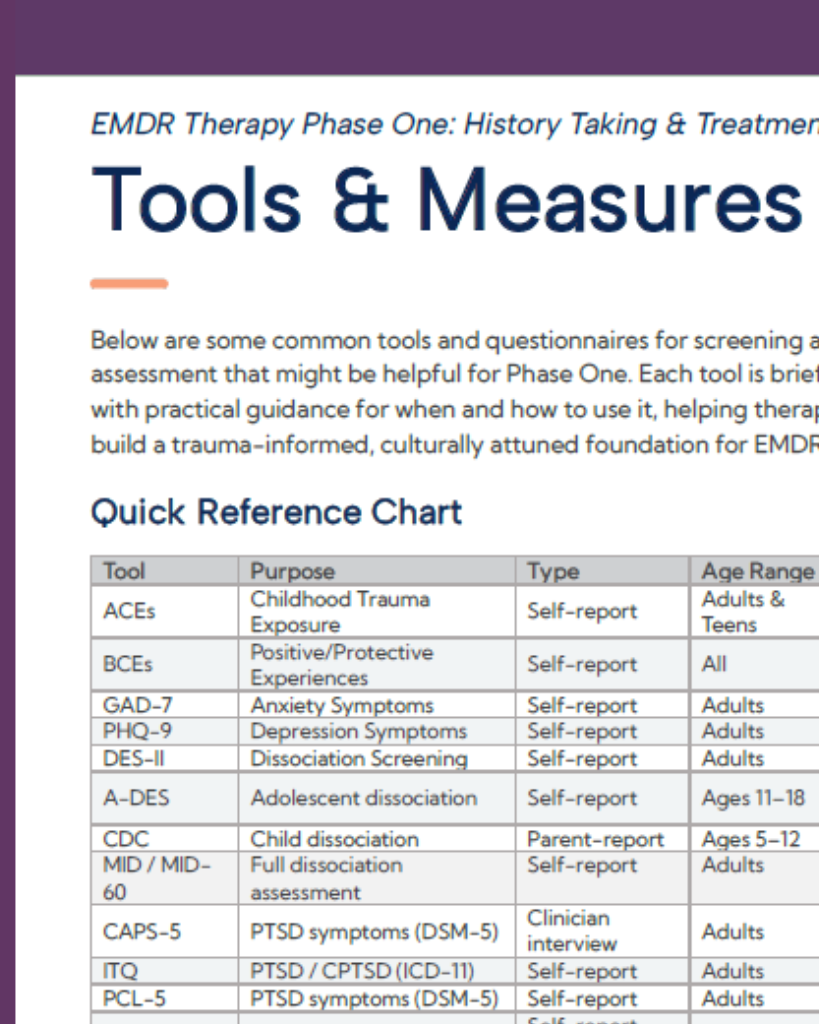The role of dissociation in surviving severe, systemic bullying: A reflective narrative for EMDR therapists (and trauma-responsive clinicians serving LGBTQ+ folx)
This article will focus on how repetitive, systemic bullying often leads to complex trauma and dissociative experiences for survival, and how an integrative, culturally responsible therapeutic approach is necessary for EMDR trained therapists.
Article Abstract
“The LGBTQ+ Community is experiencing a very organized, legislative effort to stop, block, and halt medical and mental health services at both the state and federal levels of government, and yet LGBTQ+ people experience higher rates of PTSD, warranting an imperative need for access to these services. This article will focus on how repetitive, systemic bullying often leads to complex trauma and dissociative experiences for survival, and how an integrative, culturally responsible therapeutic approach is necessary for EMDR trained therapists (and trauma-responsive clinicians).”
—Description from publisher
Article Access
Open Access
Fleshman, K. (2025). The role of dissociation in surviving severe, systemic bullying: A reflective narrative for EMDR therapists (and trauma-responsive clinicians serving LGBTQ+ folx). Delaware Journal of Public Health, 11(2), 74-79. DOI: 10.32481/djph.2025.07.14 Open access retrieval: https://pmc.ncbi.nlm.nih.gov/articles/PMC12333799/
Date
July 31, 2025
Creator(s)
Karla Fleshman
Topics
Complex Trauma/C-PTSD, Dissociation
Client Population
LGBTQIA+
Extent
11 pages
Publisher
Delaware Academy of Medicine / Delaware Public Health Association
Rights
Copyright (c) 2025 Delaware Academy of Medicine / Delaware Public Health Association.
APA Citation
Fleshman, K. (2025). The role of dissociation in surviving severe, systemic bullying: A reflective narrative for EMDR therapists (and trauma-responsive clinicians serving LGBTQ+ folx). Delaware Journal of Public Health, 11(2), 74-79. DOI: 10.32481/djph.2025.07.14 Open access retrieval: https://pmc.ncbi.nlm.nih.gov/articles/PMC12333799/
Audience
EMDR Therapists, Other Mental Health Professionals
Language
English
Content Type
Article, Peer-Reviewed
Access Type
External Resource, Open Access





